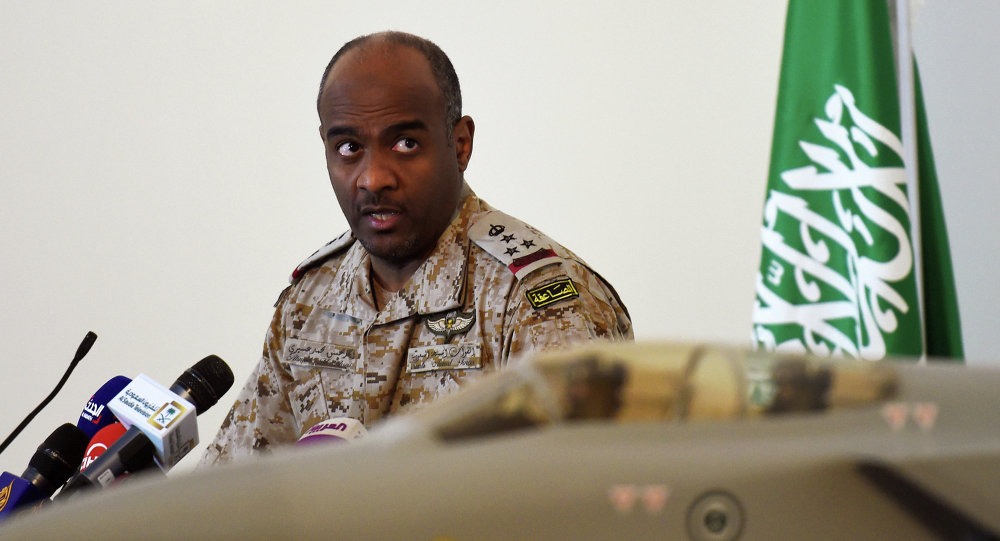Reza Mirabian, in an interview with the website of the Strategic Council on Foreign Relations, referred to the acknowledgement of one of the senior commanders affiliated to Abdrabbuh Mansur Hadi to the defeat of mercenaries and forces of the invading coalition led by the Saudi regime, as well as the takeover of a strategic military base in Ma’rib by the Yemeni forces said: The forces of the National Salvation Government or Ansarullah forces had long ago occupied the Al-Jawf Province, which is located in the northeast of Sanaa and bordering Saudi Arabia, and purged it of the presence of Saudi mercenaries. Recently, with a military operation in Ma’rib Province, they took over the largest strategic military base in the province, called “Mas” garrison.
He added: The city of Ma’rib is of strategic and economic importance in the war in Yemen, and the control of Sanaa forces over the city of Ma’rib is considered the beginning of a new chapter in the war. In fact, the takeover of “Mas” base has prepared the ground for the takeover of the province and its purging of the Saudi mercenaries. Ansarullah’s control of the garrison, which was the headquarters of Mansour Hadi’s forces in the 7th Military District, disturbed the forces and led to the advancement of Ansarullah towards the city of Ma’rib, which is home to the Ministry of Defense of the resigned government and coalition garrisons and other vital oil facilities.
Mirabian continued: In fact, with the takeover of Ma’rib Province, no area in the northern part of Yemen will remain in the hands of Saudi Arabia or Saudi mercenaries and Ansarullah government will exercise its sovereignty over all those areas, especially the southern border areas of Saudi Arabia.
The expert on West Asia affairs said that Ansarullah had pursued the policy of deterrence a year ago with attacks deep into Saudi Arabia and hitting the Jeddah oil refinery with ballistic missiles. The measures that Ansarullah government is taking now are aimed at deterring Saudi Arabia and continuing pressure on the Saudi coalition as a result of which Saudi Arabia would sit behind the negotiation table and while accepting the ceasefire, lift land, sea and air siege of Yemen that has lasted for five years and nine months.
Referring to the remarks of Ansarullah spokesman Mohammad Abdul Salam that ‘we will not refrain from confronting Saudi Arabia as long as the aggression and siege of Yemen continues’, Mirabian added: In fact, this policy, according to Mr. Mohammed Al-Bakhit, a member of Ansarullah’s political wing, will be a new stage in targeting the depths of Saudi Arabia, and this is a warning to the Saudis.
He continued: The fieldwork has reached a point where the Saudi government complained to the UN Security Council against Ansarullah after the attack on its refinery in Jeddah; in other words, the Saudi invasion of Yemen for five years and nine months was ignored, but Ansarullah, which is defending itself with deterrent measures, was sued in the Security Council. This complaint of the Saudis is a sign of their weakness and helplessness in its confrontation with Ansarullah.
Commenting on the situation of the UAE-Saudi coalition in the war in Yemen, Mirabian said: The UAE was out of place in the discussion of Ansarullah’s war with Saudi Arabia, and they have withdrawn and left Saudi Arabia alone in the war. That is why Saudi Arabia is trying to somehow save itself from this predicament.
Referring to the fact that Saudi Arabia, in order to save itself from the predicament of the Yemeni crisis, should stop its aggression, the expert on West Asia affairs said: Saudi officials should lift the siege of Yemen and accept Ansarullah as the Sanaa-based government. As long as it does not happen, it seems that the current trend will continue.
As for the consequences of the battlefield situation of the war with Ansarullah, Mirabian stated: The simultaneous missile operations and the operation for the conquest of the strategic Mas garrison shows the Yemeni comprehensive progress in the field against the Saudi coalition and the deepening of the rift in that coalition. With those developments, Saudi Arabia is forced to accept the defeat.
Referring to Biden’s stance on the Saudi coalition’s war against the Yemeni people, he said: Given the opposition of the new US administration to the war in Yemen, the Saudis know that they will no longer have the previous support of the incoming US administration. On the other hand, Ansarullah’s pressure has been increased sharply, therefore, they have no choice but to accept peace and end the aggression, but as to when this will take place can only be said that it is not out of reach.










0 Comments